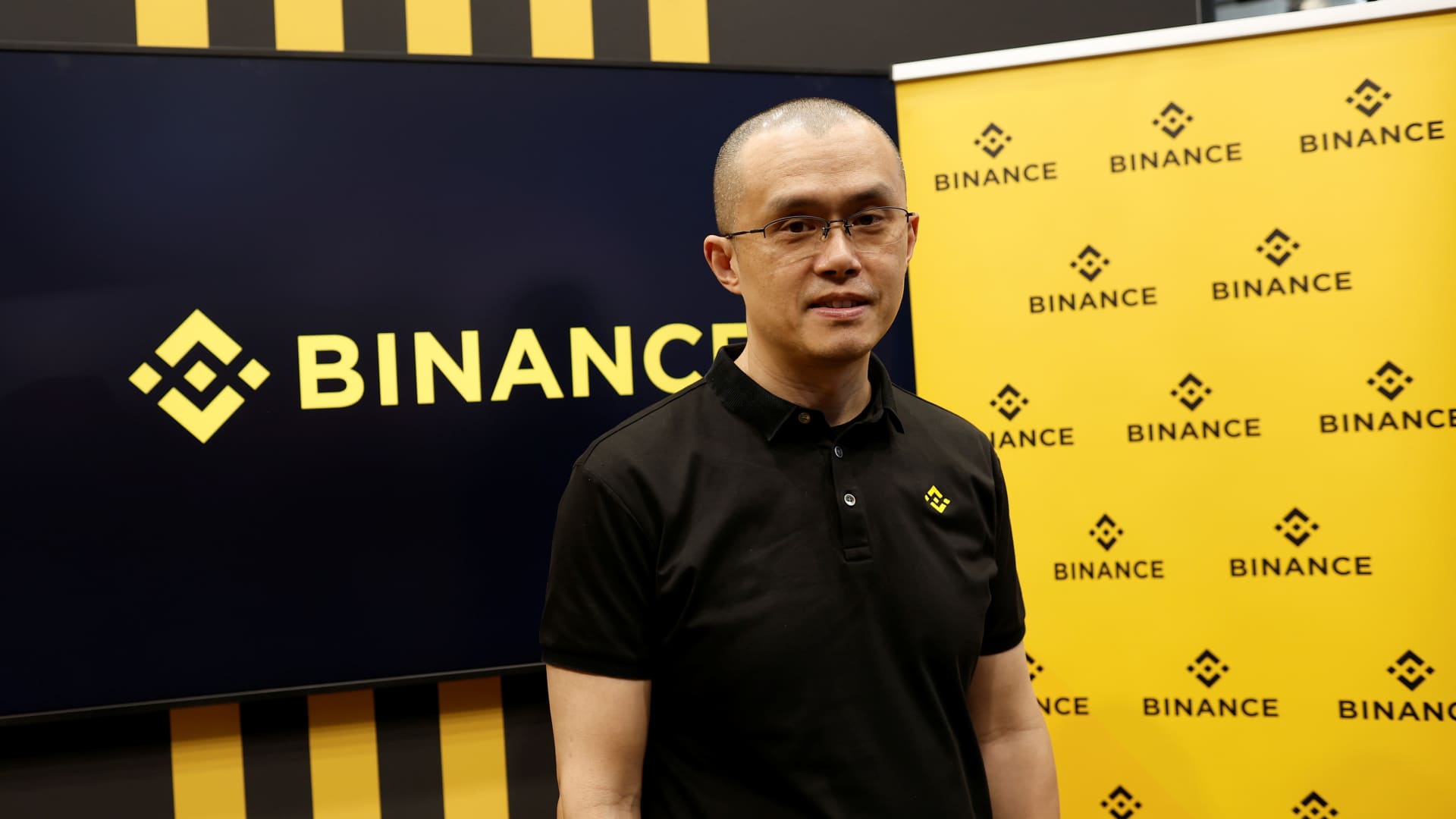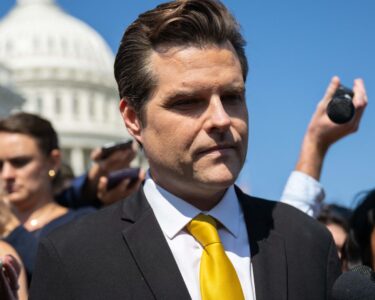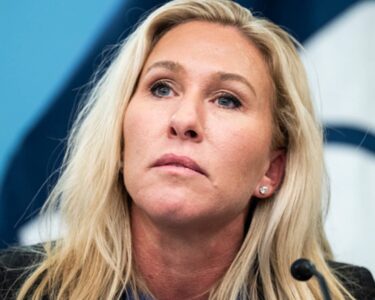Billionaire Binance founder Changpeng Zhao cannot leave the United States ahead of his criminal sentencing because of his “enormous wealth” and lack of U.S. ties, a federal judge ruled.
The ruling reverses a previous decision allowing Zhao, the cryptocurrency titan also known as CZ, to travel to his home in the United Arab Emirates before he is sentenced on Feb. 23.
In siding with federal prosecutors, U.S. District Judge Richard Jones acknowledged, “This is an unusual case.”
“The defendant has enormous wealth and property abroad, and no ties to the United States. His family resides in the UAE and it appears that he has favored status in the UAE,” Jones wrote in a six-page order Thursday in federal court in Seattle, Washington.
“Under these circumstances the Court finds that the defendant has not established by clear and convincing evidence that he is not likely to flee if he returns to the UAE,” Jones wrote.
An attorney for Zhao did not immediately respond to CNBC’s request for comment.
Zhao, the face and former CEO of the world’s largest cryptocurrency exchange, pleaded guilty last month to a charge of violating federal money laundering rules. Binance itself also pleaded guilty to related charges and agreed to pay over $4.3 billion in financial penalties.
Zhao was released on a $175 million bond, and a federal magistrate judge had initially ruled that he could go to his overseas home pending his sentencing. But prosecutors asked that that decision be reversed, arguing that there was “no combination of conditions” that could guarantee Zhao’s return to the U.S.
They noted that the U.S. has no extradition treaty with the UAE and that the government could find no example of that country extraditing one of its citizens to the U.S.
“This case likely would not be the first,” they wrote before noting that Zhao is a multibillionaire and that most of his wealth is believed to be held overseas.
Since citizenship to the UAE must be offered by the government, the Chinese-born founder’s status as a citizen “is itself an indication of his favored position,” the U.S. prosecutors wrote.
They also argued that most of Zhao’s $175 million bond is pegged to assets that are outside of U.S. jurisdiction, should Zhao decide to stay in the UAE.
Zhao wired $15 million in security to his counsel, and his bond is secured by three unnamed guarantors vouching for just over $5 million in assets, court documents note. But the remainder of his bond is “beyond the government’s reach,” the prosecutors noted.
Jones last week had temporarily blocked Zhao from traveling home while he considered the government’s request to keep him in the U.S.
Zhao’s attorneys argued that he is not a flight risk, in part because he has no criminal history and because he and Binance have taken full responsibility for their actions.
They also noted that Zhao will pay a $150 million penalty to the U.S. Commodity Futures Trading Commission as part of his agreement with the government.
In most cases, those arguments would be sufficient, Jones wrote in Thursday’s ruling.
But “a critical feature of the government’s motion is the extent of the defendant’s enormous wealth and absence of an extradition treaty with the UAE,” he wrote.
“In addition, the defendant’s family resides in the UAE and there is no indication he has any other ties to the United States,” the judge noted. He added that Zhao “is not facing an insignificant sentence” since the government could be asking to imprison him for up to 18 months.






